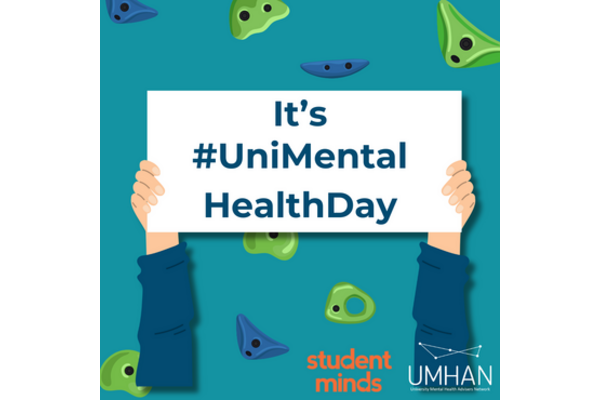We're happy to share this new research into student mental health during COVID-19, which is supported by data from our own member survey. We'd encourage you to read our guidance about remote and face-to-face working which covers some of the findings below.
Remote and face-to-face working Autumn 2020
The COVID-19 outbreak has severely impacted students’ mental health. This is the conclusion of a nationwide survey conducted by Lucian Milasan and Ed Griffin – Lecturers in Mental Health at De Montfort University. They explored experiences of psychological distress and its impact on academic performance, along with students’ perception of the support received during the COVID-19 pandemic using a mixed-methods approach.
A total of 421 students (78% female, 20% male, 2% non-binary) recruited via Students’ Unions and wellbeing services from various UK universities anonymously responded to this study supported by Student Support Services at DMU, UMHAN, SMaRteN, and NUS.
Regardless of gender, ethnicity, and level of study, most of the participants described their psychological health during the COVID-19 restriction period as being poor (37.8%) or very poor (22.1%), with low mood (72.3%) and excessive worry (71.2%) being the main signs of distress. Anxieties around future career (74.6%) and the state of the economy in general (80.1%), own health (44%) and the health of significant others (76.5%), were the most prevalent.
It was suggested by 2 in 3 people (68.6%) that the COVID-19 circumstances significantly contributed to a deterioration of their mental health as a result of social isolation (76.7%), the negative impact of social media (57.5%), financial difficulties (43.7%), and practical challenges such as shopping, cooking, and collecting their medication (36.6%).
More than two thirds of the subjects (67.3%) reported that their mental health difficulties had a negative effect on their academic performance during the COVID-19 restriction period. They described their experience as a relentless battle with changes and uncertainty while distancing from their usual coping mechanisms and support systems, feeling displaced, lacking motivation and concentration for study, and sometimes frustrated at the virtual learning environments that seem not to fit all.
In terms of support received, most of the students appeared to rely on their friends and peers (72.6%) despite the social distancing measures that severely impacted on their social networks. Approximately 1 in 2 students (51.3%) benefited from support from their families. However, families were occasionally portrayed as a barrier to their mental health by students expressing feelings of “being stuck” in toxic and abusive environments that added to their distress.
Surprisingly, only a minority of students found GPs (16.2%) and specialist mental health services (21.2%) supportive in relation to their mental health difficulties, mainly because of limited accessibility. This contrasts with self-help strategies on which 1 in 2 students (51.3%) relied, suggesting a sense of resilience reinforced by their renewed routines in which health behaviours took priority, e.g. drinking less (33.8%), smoking less (10.4%), reducing recreational drugs (9.3%).
As with specialist services, only 1 in 4 students (28.3%) requested support from their university during the COVID-19 restriction period, with less than a half (43.7%) feeling that this type of service met their needs in relation to their wellbeing. Those unhappy with the support received (56.3%) suggested that video calls (44.8%), face-to-face appointments (40.3%), timely assistance over the email (38.8%), and telephone counselling sessions (35.8%), would have been helpful.
Although the responses generally followed a negative note, a significant number of participants (31.1%) have identified a series of benefits – both academic and mental health related – as a result of being in lockdown, such as: stronger connections to their family (but also being away from people in some cases); normalised routines with flexible time for self-care, healthy diet, and exercise; space for reflection and meditation; flexibility of online learning, including more accessible assessments (e.g. coursework in-lieu of exams) which partly reduced their levels of academic stress.
From the suggestions received, a number of themes were identified in relation to how universities can improve the quality of mental health support for their students: continuity and consistency in providing support, timeliness and clarity in terms of services available, and authentic conversations with students as opposed to “blanket” emails.
Overall, students seem to perceive their University as a “safety net” expected to restore a sense of community during such disrupted times by incorporating more interactive group teaching and learning activities, but also peer support. Leniency was another major theme related to students expecting to be understood in the new context of the COVID-19 crisis that is, in their opinion, far from “business as usual”. This may explain why 1 in 2 students (48.2%) continue to feel anxious about returning to the university in the new academic year.
Authors:
Lucian Milasan | [email protected]
(Lecturer in Mental Health and Learning Disabilities, De Montfort University, Mary Seacole Research Institute)
Ed Griffin | [email protected]
(Senior Lecturer in Mental Health, De Montfort University, Faculty of Health and Life Sciences)









